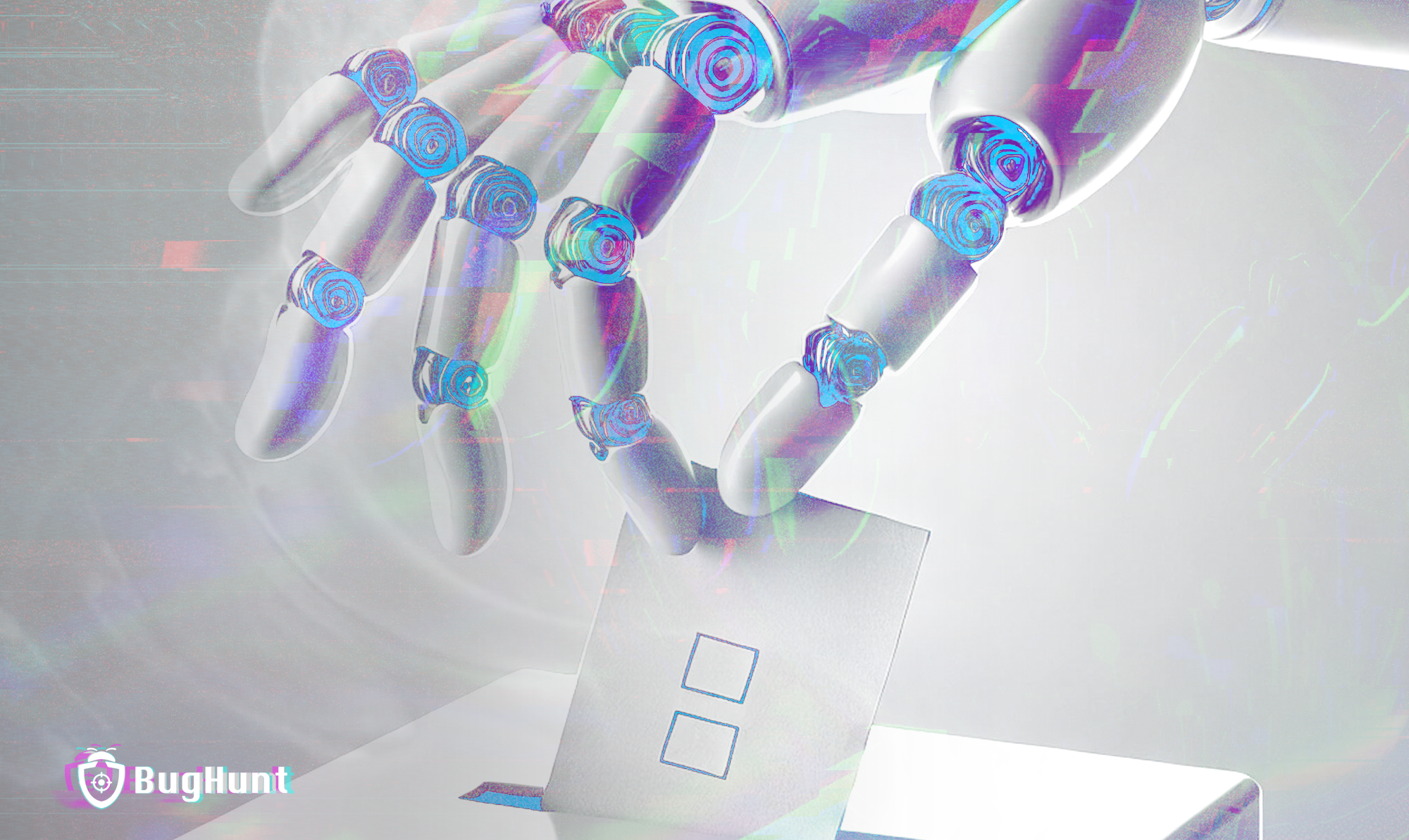What is the impact of AI on elections?

In recent years, artificial intelligence (AI) has emerged as one of the most influential technological tools in society. Its data processing and automation capabilities have been revolutionizing various sectors, and elections have not been exempt from this impact. The use of AI in elections, both positively and negatively, is shaping the way the democratic process unfolds worldwide.
In this context, the key question is how to balance the benefits of this technology with its potential risks. Keep reading to understand more!
AI in Elections: Ally or Enemy?
Like any technological advancement, AI in elections has two sides:
The Advantages:
One of the greatest benefits of using AI in elections is its ability to optimize processes and increase transparency. AI tools can analyze large volumes of data quickly and accurately, which can be applied to different stages of the electoral process, from logistical organization to verifying candidate accounts and analyzing campaign donations.
With AI, voter information can be processed rapidly, optimizing voting systems and data verification, which can reduce electoral fraud and minimize human errors. Additionally, AI can monitor election campaigns and detect suspicious patterns in financing or behavior that may indicate illegal activities.
Another advantage is that AI can help make election campaigns more accessible to candidates with fewer resources. By leveraging automation, smaller candidates can produce high-quality campaign materials at a significantly lower cost. This levels the playing field, allowing more voices to be heard and increasing diversity in electoral races.
The Challenges:
However, the use of AI in elections raises ethical concerns. One of the biggest issues is the spread of fake news and disinformation through technologies like deepfakes—AI-generated videos and audio that can manipulate candidates' statements and images in an incredibly convincing way. This phenomenon has already raised concerns in recent elections worldwide. In a digital era where information is widely shared and consumed rapidly, the impact of deepfakes can be devastating.
Moreover, AI can be used to target political ads based on personal data, raising concerns about privacy and electoral manipulation. Sophisticated algorithms can help campaigns identify undecided voters and influence them with highly personalized messages. While this increases campaign efficiency, it can also create an imbalance in the electoral process, favoring candidates with greater technological and financial resources.
📌 Read also: The Security of Electronic Voting Systems
Regulating the Use of AI in Elections
Given this scenario, regulating the use of AI in election campaigns is essential. In Brazil, the Superior Electoral Court (TSE) has already taken steps by including specific rules on AI use in the 2024 elections. These rules, outlined in the updated Resolution No. 23.610, include the prohibition of deepfakes and the requirement to explicitly inform voters when campaign content is AI-generated.
These new regulations aim to protect the integrity of elections and prevent AI from being used abusively, particularly to manipulate voters through disinformation. The deepfake ban, for example, is a direct response to growing concerns about content that distorts candidates’ images or statements.
Additionally, regulations have imposed restrictions on the use of bots to simulate interactions with voters, a practice that has become increasingly common in digital campaigns.
Furthermore, platforms that fail to remove disinformation or hate speech may also be held legally accountable. The TSE has even launched the Electoral Disinformation Alert System (SIADE), which allows voters to report suspicious materials, aiding in monitoring potential violations during the campaign.
The Future of Elections with AI
The impact of AI in elections is undeniable and multifaceted. While AI can enhance efficiency and campaign personalization, it also brings risks related to disinformation and voter manipulation.
Regulations, like those imposed by the Superior Electoral Court (TSE) in Brazil, fill a crucial legal gap. However, despite being necessary, these measures do not eliminate all risks. The nature of the technology itself makes it extremely challenging to ensure that the electoral process is completely immune to manipulation.
The creation of deepfakes and AI-generated false content is becoming more accessible, and fully controlling the spread of such materials—especially on private messaging platforms like WhatsApp—is a significant challenge.
Therefore, regulations must continue to evolve, along with monitoring mechanisms, to keep pace with technological advancements and safeguard the electoral process. Only through effective and transparent regulations can AI be a tool that strengthens democracy rather than undermines it.
Did you enjoy this content? You can find more articles like this on our blog!

